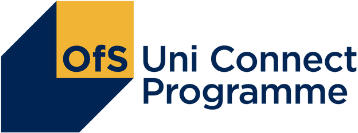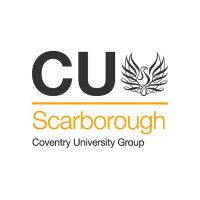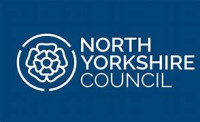Here is the next installment in our "A Week In The Life Of" series!
Every morning, I start work in the knowledge that I don’t know what I’m doing. Relax! I’m not having a crisis of confidence or an attack of Impostor Syndrome; not knowing what I’m doing is part and parcel of my job. I’m a technology researcher at GCHQ, the UK's intelligence, security and cyber agency.
That means that my work is all about problem solving, experimenting with technology, developing new tools and learning new programming languages. Every day, I’m faced with tasks where a large part of what I’m doing is unknown, and I have to find my way through them. That’s the job!
If you told me ten years ago that I’d be doing this, I would have been sceptical, at best. I had spent most of my early career working in the financial services but decided that I needed a change: the job wasn’t challenging me in any way I found interesting, so I went to university as a mature student to study web design. After completing my degree, I had a spell with a large technology company before joining GCHQ as a software developer.
As a researcher, I have a lot of autonomy. I’m assigned a research task, or suggest one myself, and am allowed to get on with it. That means deciding what questions I need to ask, and how to answer them, whether that’s by reading papers written by other researchers, designing experiments to test the performance of existing software, or writing prototype code to explore what’s possible in a particular problem space.
Although I work autonomously, my work is also part of a larger research project, with other researchers working on related tasks so that our research will dovetail and collectively answer larger questions. As my colleagues are distributed across various GCHQ sites, we keep in contact via instant messaging and regular video calls – that was the norm for us, even before Covid-19, so we were able to transition to working from home fairly painlessly.
My current task involves a lot of exploratory engineering…which basically means writing lots of code to build a prototype data processing system, and learning a completely new programming language while I’m at it. This sort of work can be frustrating at times, particularly when dealing with new tools or languages, where the documentation might be sketchy or incomplete, but it’s enormously satisfying when I finally get something to work.
At this point, I’m not using any of the programming languages I learned at university, but my degree course gave me the tools both to continue learning, and to carry out structured research – both invaluable in my current role. It also gave me the foundational knowledge in programming which means I can re-use what I’ve learned from existing languages whenever I learn a new one.
Anyway, having written this blog, I suppose I‘d better get on with some work. I really need to work out what I’m doing today…
Back to all news stories












